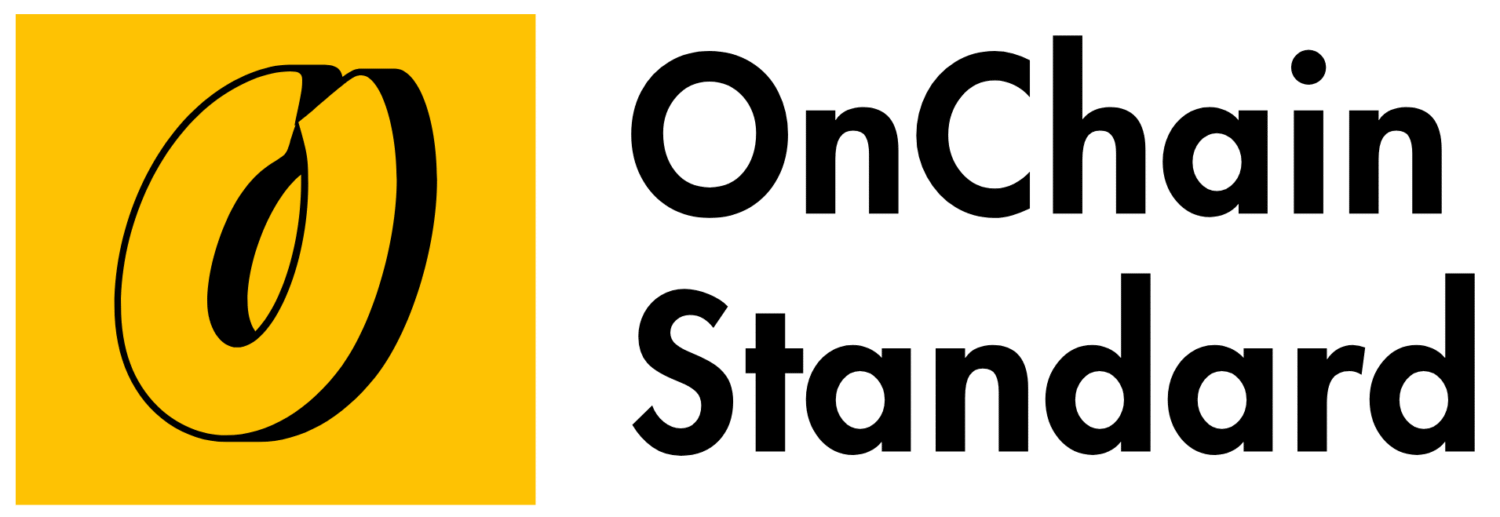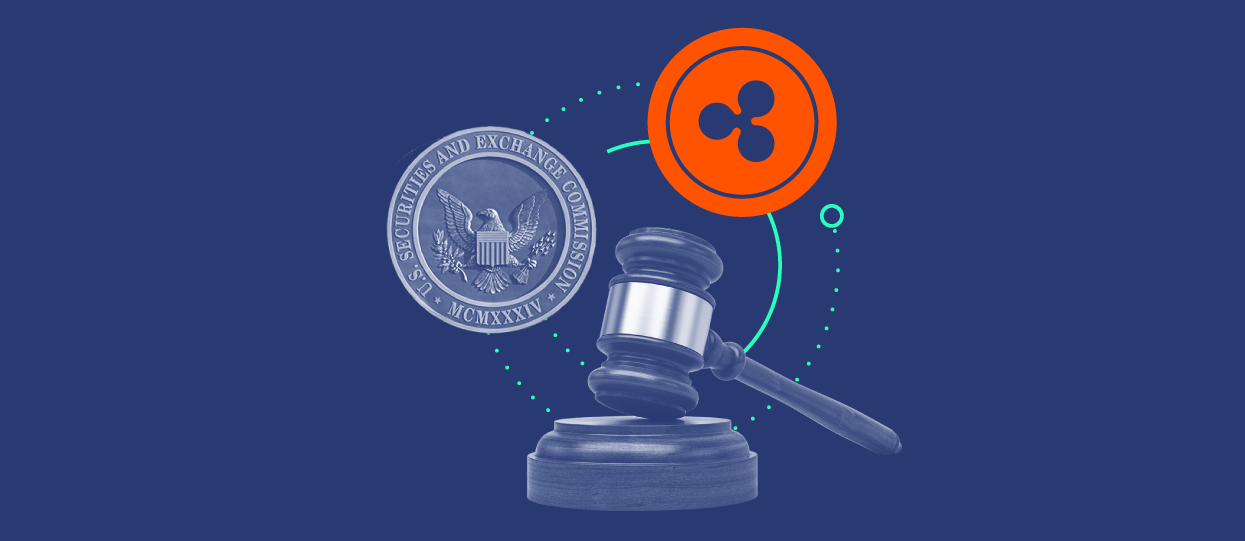What Are Soulbound Tokens and How They Could Change Online Reputation in 2025
Explore Soulbound Tokens (SBTs) in 2025: non-transferable tokens revolutionizing online reputation with trust, privacy, and Web3 identity.
Introduction
In the fast-evolving Web3 ecosystem, Soulbound Tokens (SBTs) are emerging as a foundational innovation for managing digital identity and online reputation. Unlike traditional NFTs, which are transferable and often speculative, SBTs are non-transferable tokens permanently linked to a user’s digital wallet. They represent credentials, achievements, affiliations, and trust signals—offering a new model for building identity in decentralized networks.
By 2025, SBTs are redefining how reputation is earned, verified, and displayed online. This article explores what Soulbound Tokens are, how they work, and how they are transforming the digital reputation landscape.
What Are Soulbound Tokens?
Soulbound Tokens (SBTs) are blockchain-based tokens that, once issued, are permanently bound to a specific wallet address. They cannot be transferred, sold, or traded. The concept was introduced in a 2022 paper by Ethereum co-founder Vitalik Buterin, alongside Glen Weyl and Puja Ohlhaver, as a framework for building a decentralized society (DeSoc) rooted in verifiable identity and reputation.
Rather than holding financial value, SBTs represent non-monetary attributes—such as academic degrees, professional credentials, DAO contributions, or social achievements.
Key Characteristics:
- Non-Transferable: Tied permanently to a wallet (“soul”), reinforcing authenticity and trust.
- Verifiable: Publicly auditable and tamper-proof on blockchains like Ethereum or Polygon.
- Multifaceted Use Cases: Represent credentials, reputation scores, community membership, and more.
- Privacy-Aware: Can be paired with zero-knowledge proofs (ZKPs) for selective disclosure of data.
Real-World Examples:
- POAPs (Proof of Attendance Protocol): Early SBTs that verify attendance at events.
- Lens Protocol: Issues SBTs to track social interactions and milestones in Web3-native social platforms.
- Gitcoin Passport: Uses SBTs to verify and reward contributors in open-source communities.
How Soulbound Tokens Work
SBTs utilize blockchain and smart contract infrastructure to establish a permanent, verifiable link between a credential and its holder. Here’s how the process typically works:
- Issuance
A trusted party—such as a university, DAO, or protocol—issues an SBT to a user after verifying a specific action (e.g., completing a course, contributing code). - Binding to Wallet
The token is permanently associated with the recipient’s wallet via a smart contract, ensuring it cannot be transferred or resold. - Verification
Other parties (such as employers or platforms) can verify the SBT on-chain to confirm credentials or reputation markers without needing access to personal data. - Selective Disclosure
Users can reveal specific details or credentials using zero-knowledge proofs, allowing them to prove facts (e.g., completion of a certification) without exposing full identities. - Expiration or Revocation
Issuers may set terms for SBTs to expire or be revoked (e.g., when a license is no longer valid), adding flexibility and accountability. - Interoperability
SBTs can integrate with multiple Web3 protocols and platforms using established standards like ERC-721 (modified for non-transferability) or custom frameworks.
In 2025, identity tooling platforms such as Polygon ID and Ceramic Network are providing the underlying infrastructure for privacy-preserving, scalable SBT deployment.
How Soulbound Tokens Could Change Online Reputation in 2025
- Building Trust in Decentralized Ecosystems
SBTs provide a trust layer in environments where centralized verification doesn’t exist. They help distinguish legitimate contributors from bots or bad actors in DAOs, DeFi protocols, and NFT communities.
- DAO Integration: Uniswap or Optimism DAO could issue SBTs to recognize active voters or proposal authors.
- Sybil Resistance: Requiring verifiable SBTs helps platforms prevent multi-account manipulation or fake identity farming.
By 2025, thousands of DAOs are incorporating SBTs to reward and recognize active community members—without depending on third-party gatekeepers.
- Enhancing Digital Credentials
SBTs are positioned to replace or supplement traditional credentials with verifiable, portable, and blockchain-native alternatives.
- Education: Universities issue SBTs for diplomas, coursework, or certifications, verifiable worldwide.
- Professional Experience: Freelance platforms and open-source ecosystems issue SBTs as proof of skill and contribution.
- Regulatory Compliance: KYC and AML requirements are fulfilled through SBTs issued by licensed verifiers, in compliance with MiCA and similar frameworks.
These tokens create a living, public CV that evolves as users build reputations across platforms.
- Revolutionizing Social Media and Content Creation
SBTs are disrupting how influence, engagement, and authenticity are measured in the Web3 creator economy.
- Reputation Metrics: Platforms like Lens Protocol track on-chain social milestones—like content contributions or community influence—via SBTs.
- Anti-Bot Defense: Social networks use SBT-based scoring systems to filter out fake accounts and spam.
- Creator Recognition: Artists and influencers earn SBTs that verify their authenticity and reward on-chain engagement.
By 2025, SBT-backed social graphs are improving trust and reducing misinformation across decentralized platforms.
- Empowering User-Controlled Reputation
One of the most profound innovations SBTs offer is self-sovereign, portable reputation.
- Privacy-Centric Sharing: Users can selectively disclose credentials using ZKPs—proving credibility without exposing full identities or wallet data.
- Cross-Platform Portability: A single SBT for community contribution could be recognized across DAOs, NFT marketplaces, and DeFi lending protocols.
This dynamic enables users to own and manage their online reputation across the entire Web3 stack.
- Supporting Community Governance
SBTs introduce new layers of legitimacy into decentralized governance models.
- Participation Rewards: DAOs can issue SBTs to voters, contributors, or moderators, tracking history and incentivizing long-term involvement.
- Reputation-Weighted Voting: SBTs can support quadratic or reputation-based voting models that reduce the influence of large token holders.
By 2025, industry surveys suggest that more than half of major DAOs incorporate SBT-based governance to ensure fair representation and decision-making.
- Enabling Real-World Applications
The use of SBTs isn’t limited to online communities—they are rapidly extending into real-world utilities:
- Financial Inclusion: For the 1.4 billion unbanked, SBTs provide verifiable identity for access to DeFi, remittances, and microloans.
- Civic Engagement: Governments are piloting blockchain-based SBTs for voting, public benefits, and civil records. Estonia’s e-governance model offers a glimpse into what’s possible.
- Healthcare: Hospitals and clinics issue SBTs for vaccination records or medical credentials—stored securely and accessed with user permission.
These applications are helping bridge Web3 identity frameworks with global infrastructure.
Challenges of Soulbound Tokens in 2025
Despite their promise, SBTs face several implementation and adoption hurdles:
- Adoption Resistance: Centralized platforms may be reluctant to embrace user-controlled reputation systems that diminish their control.
- Privacy Concerns: Without widespread use of zero-knowledge cryptography, SBT metadata may expose sensitive patterns or affiliations.
- Trust in Issuers: The effectiveness of SBTs depends on the credibility of issuing entities. A decentralized credential system is only as strong as its weakest verifier.
- Scalability: Ethereum gas fees and on-chain data limitations may restrict large-scale SBT deployment. Layer-2 networks like Arbitrum and zkSync are key to overcoming this.
- Wallet Loss and Recovery: Users who lose access to their wallets risk losing their attached SBTs. Social recovery mechanisms are being developed, but they’re not yet standardized.
The Future of Soulbound Tokens in 2025
Looking forward, SBTs are becoming an integral layer of the Web3 identity stack:
- Mass Adoption: With over $5 billion invested in Web3 identity, SBTs are being adopted by DAOs, regulators, social platforms, and educational institutions.
- Cross-Chain Interoperability: Standards such as ERC-3525 and W3C Verifiable Credentials are enabling seamless movement of SBTs across different blockchains.
- AI-Powered Reputation Engines: Projects like DeepDAO are integrating AI to analyze on-chain behavior and SBTs to generate dynamic reputation scores.
- Regulatory Compliance: SBTs support GDPR-aligned selective disclosure, AML/KYC verification, and MiCA-compliant recordkeeping.
- Integration with the Metaverse: SBTs are being used to verify identity, track in-game progress, and build persistent reputation in virtual worlds like Decentraland and Sandbox.
Conclusion
Soulbound Tokens are redefining the foundations of online reputation in 2025. By enabling verifiable, non-transferable, and user-controlled identity systems, SBTs offer a trustless and decentralized alternative to the status quo. From education and employment to DAOs and social platforms, SBTs empower individuals with portable, privacy-aware reputation systems.
While technical and regulatory challenges remain, the momentum around SBTs continues to grow. As Web3 matures, understanding and leveraging SBTs will be crucial for developers, platforms, and users seeking to thrive in a decentralized future.



